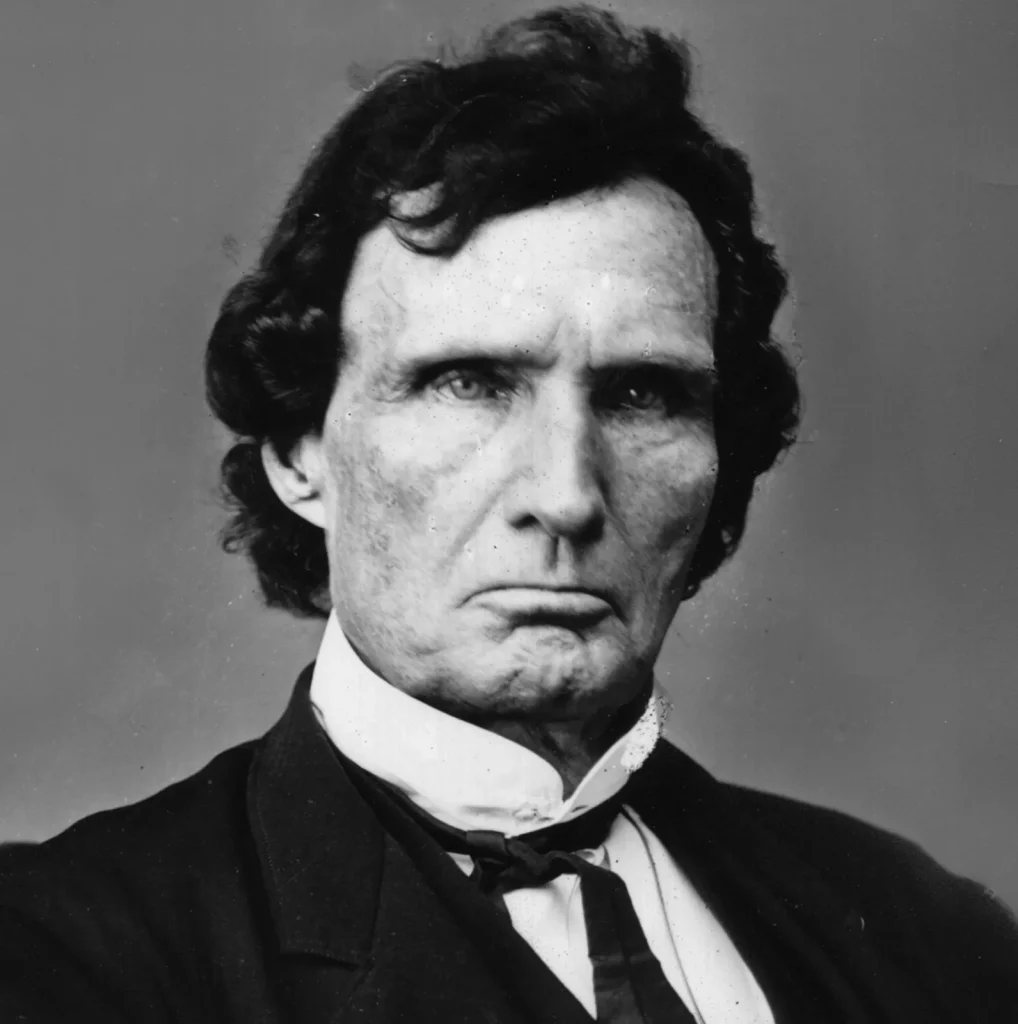Democracy in America: a hypothetical alternate history

Something approaching majority rule, whatever its flaws, would certainly be infinitely preferable to an illiberal minority being vastly overrepresented:
We cannot know how American history would have unfolded in the absence of our counter-majoritarian institutions. But the example of Reconstruction and its aftermath suggests that if majorities had been able to act, unimpeded, to protect the rights of Black Americans, it might have been a little less tragic than what we experienced instead.
It is an insight we can apply to the present. It’s not the national majority that threatens the right to vote or the right to bodily autonomy or that wants to strip transgender Americans of their right to exist in civil society (on that last point, 64 percent of Americans, according to the Pew Research Center, support laws or policies that would “protect transgender people from discrimination in jobs, housing and public spaces”). If it were up to majorities of Americans — and if, more important, the American political system more easily allowed majorities to express their will — then Congress would have already strengthened the Voting Rights Act, codified abortion rights into law and protected the civil rights of L.G.B.T.Q. Americans. Even the legislative victories most Americans rightfully admire — like the Civil Rights Act of 1964 — were possible only with a supermajority of lawmakers assembled in the wake of a presidential assassination.
If it were up to the national majority, American democracy would most likely be in a stronger place, not the least because Donald Trump might not have become president. Our folk beliefs about American government notwithstanding, the much-vaunted guardrails and endlessly invoked norms of our political system have not secured our democracy as much as they’ve facilitated the efforts of those who would degrade and undermine it.
Majority rule is not perfect but rule by a narrow, reactionary minority — what we face in the absence of serious political reform — is far worse. And much of our fear of majorities, the legacy of a founding generation that sought to restrain the power of ordinary people, is unfounded. It is not just that rule of the majority is, as Abraham Lincoln said, “the only true sovereign of a free people”; it is also the only sovereign that has reliably worked to protect those people from the deprivations of hierarchy and exploitation.
If majoritarian democracy, even at its most shackled, is a better safeguard against tyranny and abuse than our minoritarian institutions, then imagine how we might fare if we let majoritarian democracy actually take root in this country. The liberty of would-be masters might suffer. The liberty of ordinary people, on the other hand, might flourish.
Something to ponder when congressional Republicans threaten to and very possibly succeed in tanking the world economy to try to enact savage cuts to already thin welfare programs, although those cuts have virtually no support among voters in either party.


